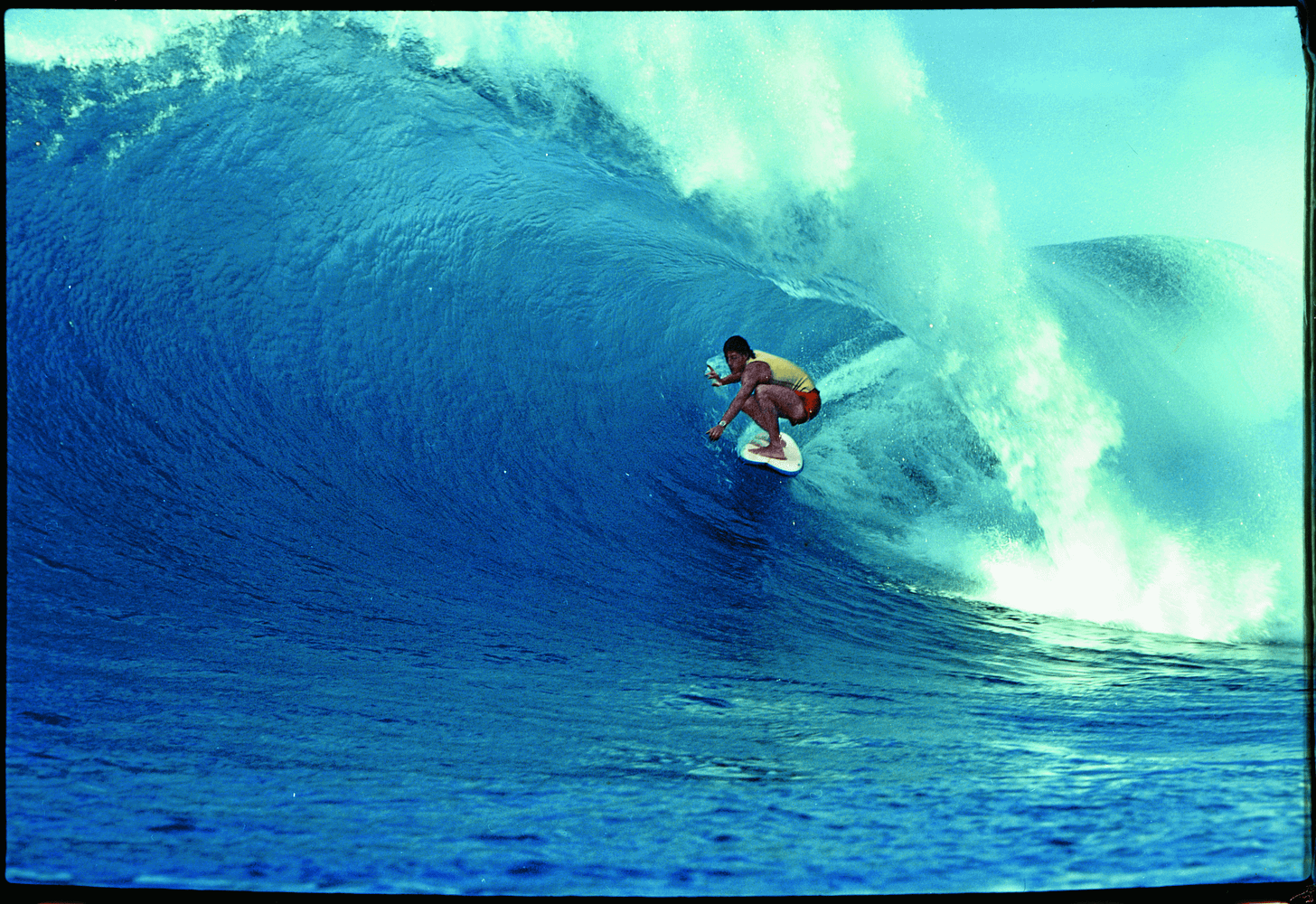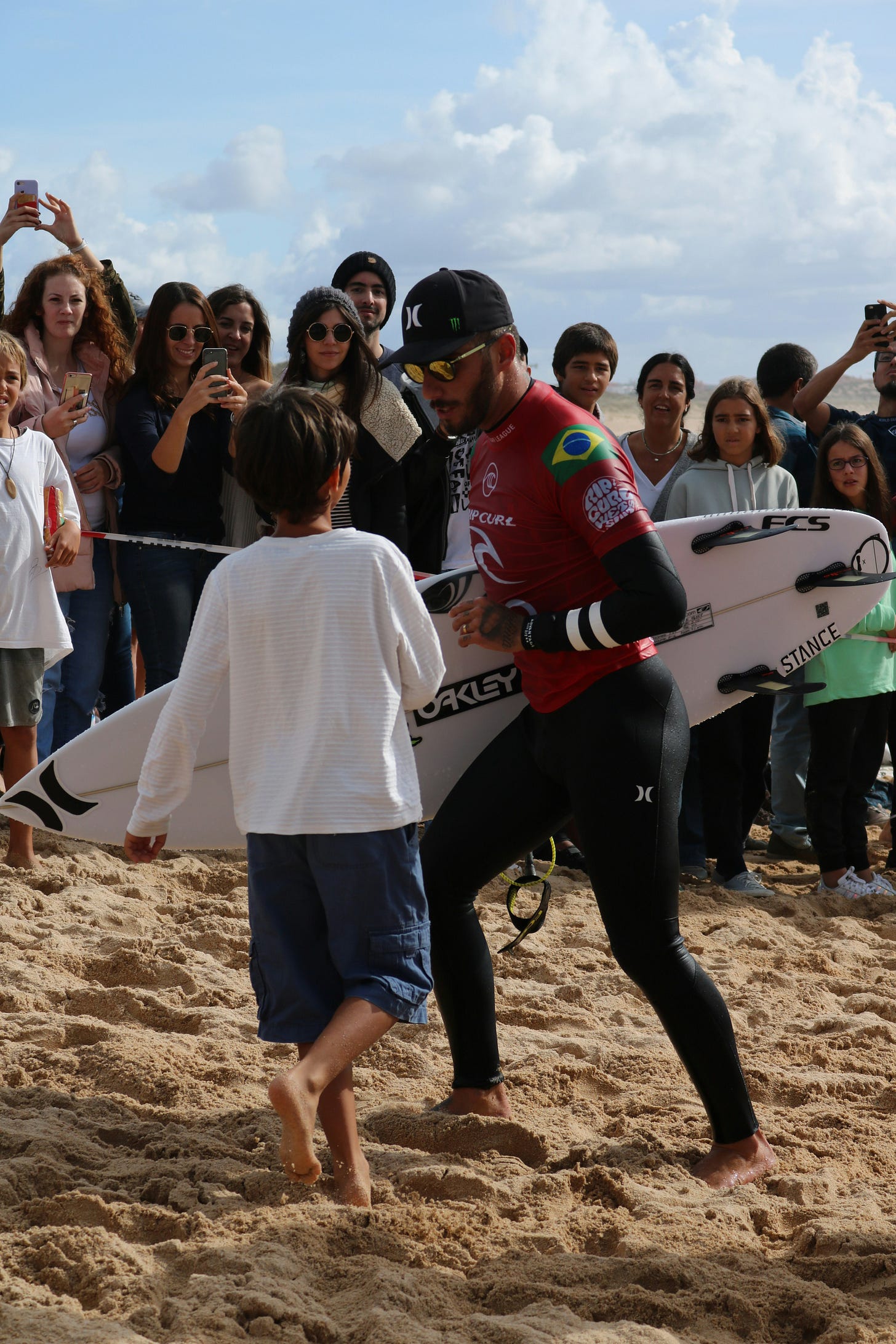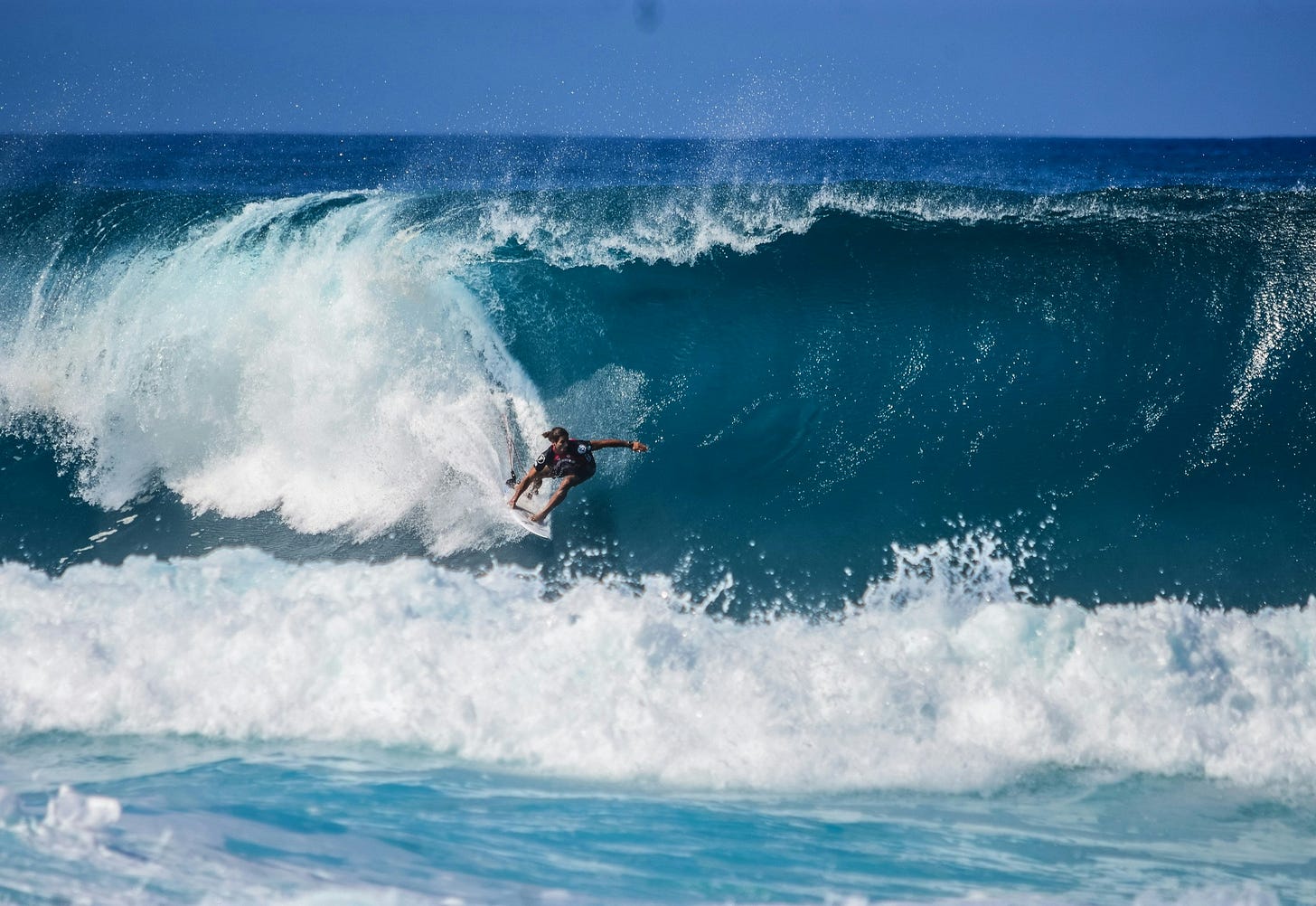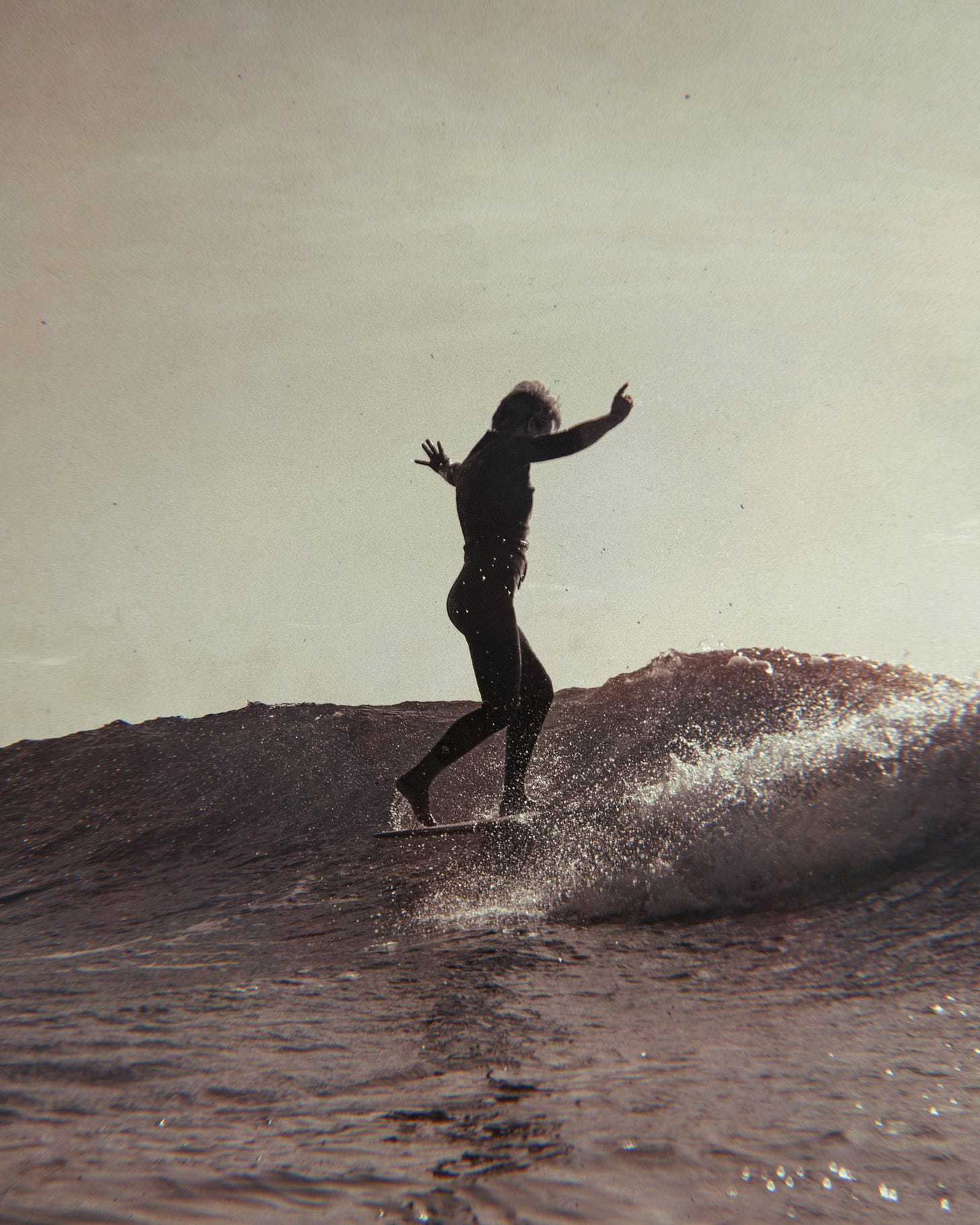When walking away means moving forward
Taking a break from competition is no longer a career suicide.
As part of our Mental Health Chapter, we look at professional surfing's toughest reality.
Life on tour is a whirlwind of emotions, time zones, triumphs & tribulations and financial investments. We see people walking away from the sport of surfing at the peak of their careers.
They walk away as world champs and world number 1s to take a breather and get some balance in a life that is spent out of suitcases and hotel rooms for the better part of the year.
Sure, surfing isn't an isolated event. This comes with the "privilege" of being a professional athlete. Times have changed. What used to be seen as a weakness is now a force of power.
Mental health in elite sports isn't a discussion we tack on at the end of a press conference anymore. It's raw and it's right there in front of us - in empty lockers, in mid-season breaks, in the quiet moments after a loss when cameras catch something breaking behind a player's eyes.
Perhaps it comes with the territory. The counter-culture that endorses the bravery and rebel spirit. In surfing, we've seen mental breakdowns play out across generations - from MP's devastating spiral to Andy Irons' very public battle with bipolar disorder and addiction to the recent heart-wrenching tragedy involving around Sunny Garcia.
Loss and struggle are part of life. It's nature's way of keeping us in check but also a reminder of what happens when performance pressure collides with personal demons.
The modern era brings its own unique barbarity. When Tyler Wright stepped away in 2018, battling post-viral syndrome and depression, it cracked open a conversation the sport needed to have.
Even at their peak, champions need space to breathe.
Stephanie Gilmore and Carissa Moore have spoken openly about needing space. Mark Occhilupo's earlier battles proved it - mental health doesn't care about your trophy count or heat scores.
And to make things worse, Social media compounds pressure. Every wave, every loss, every personal moment gets ripped apart online. Surfers field constant demands - create content, build your brand, stay relevant, win heats. The pressure doesn't stop when you leave the water. It follows you home through your phone, through your DMs, and through endless comments, picking apart your every move.
Career windows slam shut fast in professional surfing (unless your name is Kelly and a handful of other specimens). The next generation rises quicker, hungrier, and ready to take your spot. Sponsorship dollars shrink. Tour structures shift. Building a future beyond competition becomes another weight to carry while trying to perform. The industry's instability breeds anxiety - one injury, one bad season, one mental breakdown can end it all.
What happens when the last heat ends? This question haunts the tour. For every Mick Fanning who transitions into successful business ventures, others disappear, struggling to find their place when the spotlight dims. That single-minded focus that drives competitive success can leave people lost once they retire.
One major difference now, to perhaps a few years ago, is that mental health is no longer just lip service. Athletes on tour and talents coming through the ranks recognize the need for support systems, career transition programs, and an industry that values their humanity above their heart scores. Some young surfers get it now - speaking up isn't career suicide. It might be the only way to build a career worth having.
Professional surfing's future brings both pressure and progress. Tour psychology support expands each year. Athletes access better resources for handling competitive stress, managing public scrutiny, and planning post-career transitions. Brands invest in athlete wellbeing programs. The infrastructure grows.
But pressure remains constant. Social media never sleeps. Competition gets fiercer. Career windows stay short. The challenge is and will be to build building systems that help athletes navigate professional obligations and responsibilities while maintaining their grip on what matters beyond heat scores and sponsor deals.
I want to think that the next generation watches and learns from those who came before. They see both the triumphs and the costs. They enter the sport with more awareness, more support, and more permission to speak up when life gets overwhelming.






Mental issues are not the preserve of the elite. Surfing, like all.pro sports, eats its young. For every 100 aspiring 12 yesr olds how many ever make a decent living from it? 1 would be my estimate. Most of the rest probably bail out pretty much unharmed but, for every well documented tragedy amongst the pros, there's probably around a dozen amongst.the wannabes. All the usual stuff, drugs, depression etc. The toll in my generation was brutal.